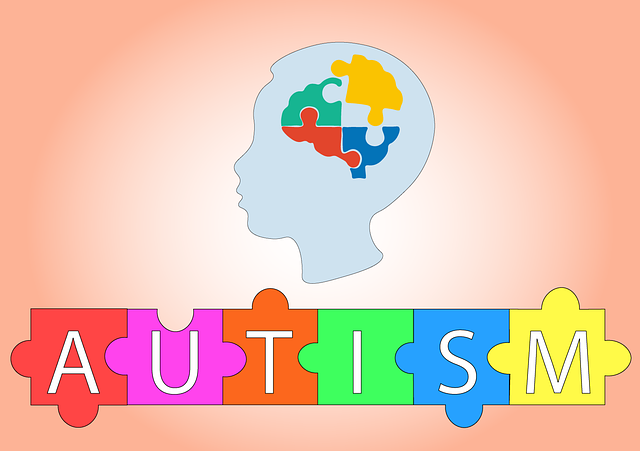Autism and Early Detection
Many children who show early signs of autism do not receive appropriate screening for neurodevelopmental conditions for many reasons. These include fear and stigma around labeling children, denial of a potential problem, or fear of the unknown. Beyond that, many families, especially first time parents, do know there are any delays present for many months as they may be unaware of expected milestones. Finally, lack of resources, access to care, and inappropriate assessment practices are all barriers to early detection and screening for autism spectrum disorders. Early signs of autism include lack of social smiling, no words by 16 months or phrases by 24 months, and poor eye contact and response to name, and name a few. It is important for families to keep the following in mind when thinking about screening for developmental conditions:
- Talk to your pediatrician about expected milestones
- Contact local and state agencies including the department of health and department of education about who you should contact if you feel your child may have delays
- Make sure the professional evaluating your child has experience and specific training in infant and toddler development, and screening for autism spectrum disorders.
- Breathe. A lot. Navigating the journey through autism and developmental conditions can be stressful.
Early detection as informed by research-based assessment practice is critical to helping children achieve the most optimal developmental outcome. Clinical research has shown for quite some time now that behavioral interventions and as well as other services like speech and language therapy and occupational therapy can drastically improve their skills. This is particularly true in very young children. In the early years, children have greater brain plasticity and are experiencing something called synaptic pruning – this is when the brain cleans out extra synapse and makes room for the development of new skills. Remember, early detection means earlier intervention to support new learning!
-H.

